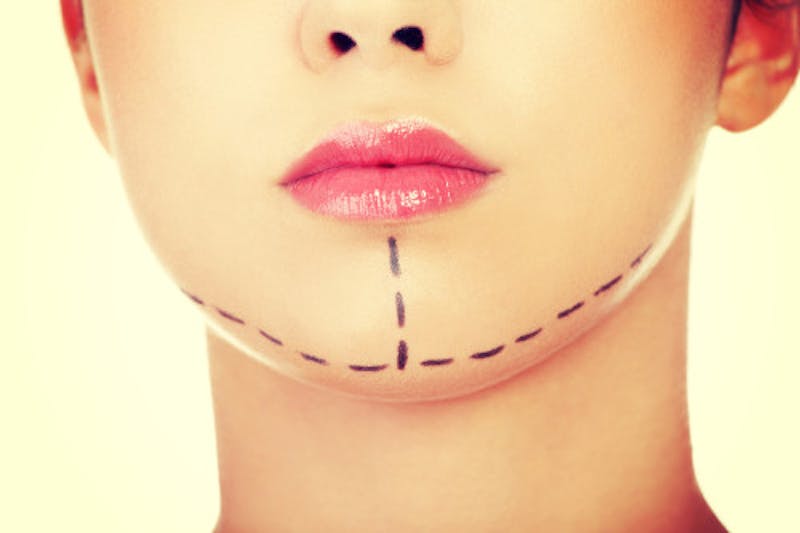
Reid Ewing of the hit television series Modern Family has been commended for his recent candid essay in the Huffington Post. His piece entitled, “I Underwent Cosmetic Surgery for My Body Dysmorphia… And I Wish I Hadn’t,” has received much praise and attention.
According to the Anxiety and Depression Disorder of America, body dysmorphia disorder, also referred to as BDD, is something which can impact a person’s daily life. The thought of a particular feature(s) of their body takes hold, and they are unable to shrug off the distress which looms over them.
Cosmetic surgery can provide extraordinary rejuvenation toward aesthetic goals. Those without BDD clearly understand that they must be living a healthy lifestyle. And more importantly, have realistic goals and expectations regarding the procedure that they want to embark on. While they are looking forward to a procedure such as mommy makeover, limited lower facelift, or breast augmentation, it’s not something that weighs heavily on their minds.
Clearly, the Anxiety and Depression Disorder of America indicates, “…people who have body dysmorphic disorder (BDD) think about their real or perceived flaws for hours each day. They can’t control their negative thoughts and don’t believe people who tell them that they look fine.” It continues, “Their thoughts may cause severe emotional distress and interfere with their daily functioning.”
The organization goes on to say that those with BDD may even undergo needless cosmetic surgical procedures to reverse a perceived flaw. And following the surgery, satisfaction does not emerge and is often followed by other procedures.
Sadly, this is what Ewing succumbed to. He took numerous selfies of himself and assessed every facial feature. At 19, Ewing had his first cosmetic surgery.
Ewing wrote, “I genuinely believed if I had one procedure I would suddenly look like Brad Pitt.” He added, “I told the doctor why I felt my face needed cosmetic surgery and told him I was an actor. He agreed that for my career it would be necessary to get cosmetic surgery. He quickly determined that large cheek implants would address the issues I had with my face, and a few weeks later I was on the operating table.”
Dissatisfied with the surgical outcome, Ewing goes on to say how he sought out another plastic surgeon.
“The next one I found was even less qualified, but I didn’t care; I just wanted out of my situation,” he wrote.
At 20, this particular surgery was for a chin implant.
Following the removal of implants, Ewing said he then underwent fat transfers and fillers.
“Of the four doctors who worked on me, not one had mental health screenings in place for their patients, except for asking if I had a history of depression, which I said I did, and that was that,” he wrote. Ewing added, “None of the doctors suggested I consult a psychologist for what was clearly a psychological issue rather than a cosmetic one or warn me about the potential for addiction.”
Ewing pointed out like many professionals do that those with BDD may become addicted to plastic surgery.
For those in the field of plastic surgery and mental health, we applaud Ewing for his bravery and his ability to raise awareness to an important health issue. It shines a spotlight for potential patients to locate board certified plastic surgeons who will only have their best interest at heart.

